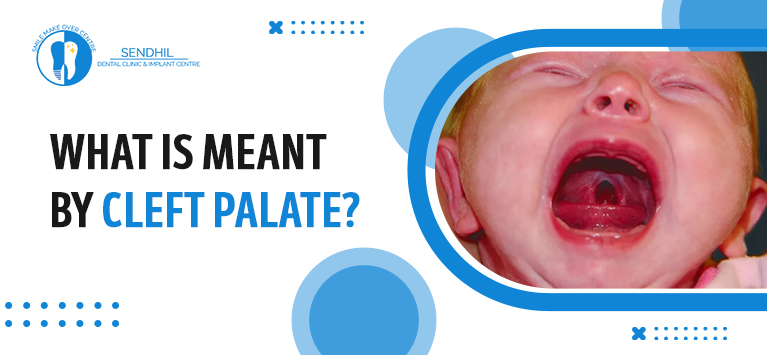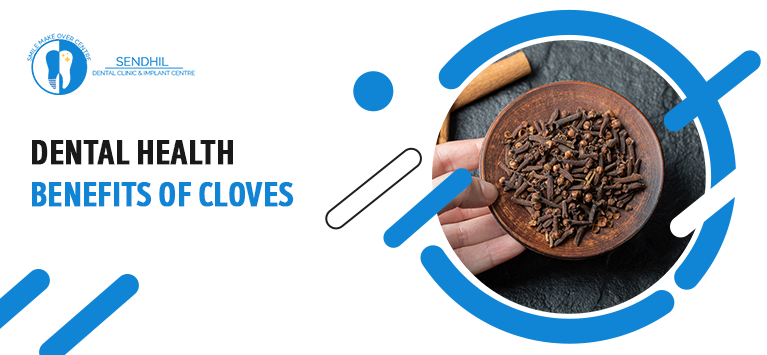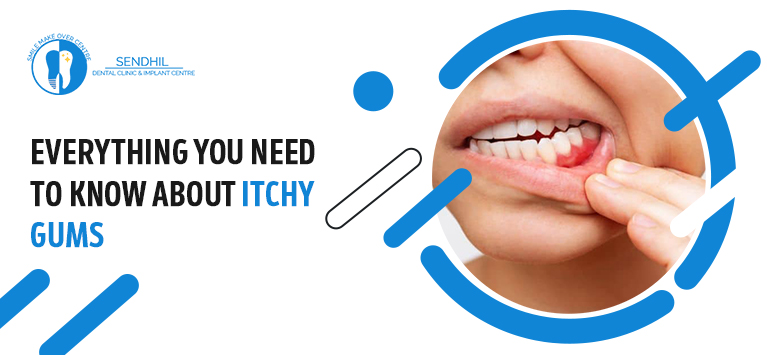
Is Charcoal Toothpaste Good for Your Teeth?
Key Facts
- Charcoal toothpaste is abrasive and can damage enamel, leading to long-term sensitivity and decay.
- It helps with surface stain removal but does not whiten teeth below the enamel.
- Most charcoal pastes lack fluoride, making them less protective against cavities.
- For safer whitening, use fluoride toothpaste, baking soda, or professional treatments, and limit charcoal use to occasional brushing only.
- Daily use may cause tooth sensitivity and gum irritation, especially with aggressive brushing.
- Charcoal toothpaste is not recommended for dental restorations, as it can stain veneers and crowns
Charcoal toothpaste has gained massive attention for its promise to naturally whiten teeth. With sleek packaging and trending buzzwords like “detox” and “deep clean,” it’s easy to see why people are curious. But beneath the hype, many still wonder—is charcoal good for your teeth, or could it be doing harm?
In this blog, we’ll break down how activated charcoal toothpaste works, whether it lives up to its claims, if charcoal toothpaste is safe, and what experts have to say. We’ll also look at safer alternatives, home remedies, and FAQs like what does charcoal toothpaste do, and are charcoal toothbrushes safe? Let’s get started.
Table of Contents
What Is Charcoal Toothpaste?
Activated charcoal toothpaste is made from finely ground charcoal that’s been treated to become extra porous. This high surface area is believed to absorb stains and bacteria, making it a trendy option for “natural” oral care.
It’s commonly marketed as a chemical-free way to whiten teeth. But that doesn’t mean it’s risk-free. When looking into is charcoal toothpaste good for your teeth, it’s important to weigh both the benefits and possible downsides.
What Does Charcoal Toothpaste Do?
When used, charcoal toothpaste works in a few main ways:
- Scrubbing surface stains: Its rough texture helps scrub away discoloration from coffee, tea, and wine.
- Absorbing impurities: The porous charcoal may bind to particles, bacteria, or acids.
- Temporary whitening effect: It may make teeth appear brighter after a few uses.
But remember, these are surface-level effects. It does not chemically whiten or change the natural color of your teeth like peroxide does.
- 68% of charcoal toothpastes studied were more abrasive than regular options.
- 96% lacked fluoride, which helps prevent cavities.
- Only 8% had evidence supporting their whitening claims.
Does Charcoal Toothpaste Work?
This is one of the most common questions: does charcoal toothpaste work? The answer depends on what you’re hoping for.
- For stain removal: Yes, it can help with light, surface-level stains.
- For actual whitening: No. It doesn’t penetrate enamel or bleach deeper stains.
- For long-term results: Not likely. And overuse may damage enamel over time.
A 2019 study found that many charcoal toothpastes were more abrasive than regular pastes and lacked fluoride, a crucial ingredient for tooth protection.
Is Charcoal Toothpaste Safe?
Here’s the real concern: is charcoal toothpaste safe for everyday use?
Short-Term Use
For occasional use, it may be okay. It might give you a brighter smile for a few hours.
Long-Term Use
That’s where the problem lies. Using charcoal toothpaste every day can:
- Wear down enamel due to its gritty texture
- Increase sensitivity
- Lead to cavities (most charcoal pastes don’t contain fluoride)
- Stain dental restorations, like crowns and veneers
So while it might seem harmless, the truth is that charcoal can be too rough on your teeth, especially with daily brushing.
Is Charcoal Toothpaste Bad for Your Teeth?
If used too often or incorrectly, yes — charcoal toothpaste can be bad for your teeth. Here’s why:
- Enamel doesn’t grow back. Once it’s eroded, your teeth become more sensitive and vulnerable to decay.
- Fluoride deficiency: Without fluoride, your enamel doesn’t have the minerals it needs to stay strong.
- More harm than help: You may end up causing permanent damage for a temporary cosmetic fix.
This is why many dentists say it’s better to skip it, or only use it occasionally with fluoride rinses.
Charcoal Toothpaste Benefits
Let’s break down the real vs. marketed benefits:
| Claimed Benefit | Truth |
| Natural stain remover | Some surface stains may lighten |
| Teeth whitening | Only temporary; doesn’t whiten beneath the enamel |
| Detoxifies mouth | No scientific proof for oral “detox” |
| Freshens breath | Mild short-term effect |
| Antibacterial action | Possible, but not strong enough to replace fluoride |
These are the charcoal toothpaste benefits, but they’re often exaggerated or misunderstood.
Are Charcoal Toothbrushes Safe?
Charcoal toothbrushes are standard brushes with charcoal-infused bristles. They’re marketed as antibacterial and whitening tools. While they’re safe to use, their benefits are not well-proven.
- They don’t whiten teeth on their own.
- They don’t replace fluoride toothpaste.
Is Charcoal Toothpaste Safe for Enamel?
Many people ask, is charcoal toothpaste safe for enamel? The answer is not entirely.
Enamel is the hard outer layer of your teeth that protects against decay. However, it doesn’t regenerate once worn down. Charcoal toothpaste is often more abrasive than standard toothpaste. This rough texture, while effective at removing surface stains, can gradually wear away your enamel, especially with daily use.
So, while marketing may make it seem like charcoal toothpaste is safe for enamel, dental studies suggest the opposite. Over time, repeated use may thin your enamel, leading to:
- Increased tooth sensitivity
- Yellowing (as dentin becomes exposed)
- Higher risk of cavities
If you want to try charcoal toothpaste, use it sparingly and alternate with a fluoride toothpaste that helps strengthen enamel. It’s also a good idea to check the RDA (Relative Dentin Abrasivity) level—lower values are gentler on your enamel.
Charcoal Toothpaste and Tooth Sensitivity
Many users report that charcoal toothpaste makes their teeth sensitive. That’s usually because the charcoal has thinned their enamel, exposing the sensitive dentin underneath.
So yes, charcoal toothpaste causes sensitive teeth, especially if used daily or combined with aggressive brushing. If your teeth tingle when you eat or drink something cold or sweet, switch to a toothpaste for sensitivity right away. Avoid any abrasive pastes until the sensitivity improves.
Charcoal Toothpaste for Bad Breath
You might be tempted to try charcoal toothpaste for bad breath. While it can absorb odor-causing particles, the effect is temporary. Charcoal doesn’t kill bacteria the way an antibacterial mouthwash or fluoride toothpaste can.
If your bad breath is caused by food or dry mouth, charcoal might help a little. But for longer-lasting results, focus on brushing your tongue, flossing daily, and using mouthwash. So while charcoal toothpaste for bad breath might give short-term freshness, it’s not a complete solution.
Is Charcoal Toothpaste Bad for Gums?
Some users also ask: is charcoal toothpaste bad for gums? The answer: it can be. The gritty texture of charcoal can irritate the gum line, especially if you brush too hard.
Small charcoal particles may even get stuck under the gums or around dental work, causing inflammation or gray staining. If you have sensitive or receding gums, it’s best to avoid charcoal toothpaste altogether. Your gums need gentle care, not harsh abrasives.
Better Alternatives to Charcoal Toothpaste
If you want a whiter smile without the risks, try these safer options:
Fluoride Whitening Toothpaste
These are ADA-approved and safe for daily use. They contain mild abrasives and help fight decay.
Baking Soda Paste
Mix a little baking soda with water. It gently removes stains without damaging enamel.
Hydrogen Peroxide Rinse
A diluted rinse can whiten over time when used safely and not swallowed.
Oil Pulling
Swishing coconut oil may reduce bacteria and mildly whiten your teeth.
Professional Whitening
In-office treatments are the most effective and safe way to whiten deeply stained teeth.
When to See a Dentist
Consult your dentist if you notice:
- Increased tooth sensitivity after using charcoal products
- Gum irritation or discoloration
- Dark stains near crowns or fillings
- Concerns about yellowing or uneven teeth
They can help you build a whitening routine that’s both safe and effective.
Conclusion: Is Charcoal Toothpaste Good for Your Teeth?
Charcoal toothpaste might seem like a natural way to whiten your teeth, but its long-term effects can outweigh its short-term benefits. While it may help remove surface stains, it’s often too abrasive for daily use, can wear down enamel, cause sensitivity, and irritate your gums. It also lacks fluoride, which is essential for protecting against cavities.
So, is charcoal toothpaste good for your teeth? Occasionally, yes—but not for everyday brushing. Safer and more effective options include fluoride-based whitening toothpastes, baking soda, or professional treatments. Always talk to your dentist before adding charcoal products to your routine, because once enamel is gone, it doesn’t come back.
Frequently Asked Questions
It may remove stains, but frequent use can damage enamel and increase cavity risk.
No, charcoal toothpaste is not safe for daily use. It’s too abrasive and often lacks cavity-fighting fluoride.
Yes, charcoal toothpaste helps remove surface stains. But no, it doesn’t whiten teeth deeply or offer long-term protection without fluoride.
Yes—if overused, it can harm enamel and make teeth more sensitive and vulnerable.
Charcoal toothpaste scrubs off stains and may slightly change pH, but it also wears enamel down.
Yes, but they don’t provide any major benefit beyond normal brushes.
No, charcoal toothpaste is often too abrasive and can wear down enamel over time. Enamel doesn’t regenerate, so repeated use may increase sensitivity and risk of decay.
Yes, frequent use can thin enamel, exposing the sensitive dentin layer underneath. This can lead to tooth sensitivity, especially to cold or sweet foods and drinks.



















